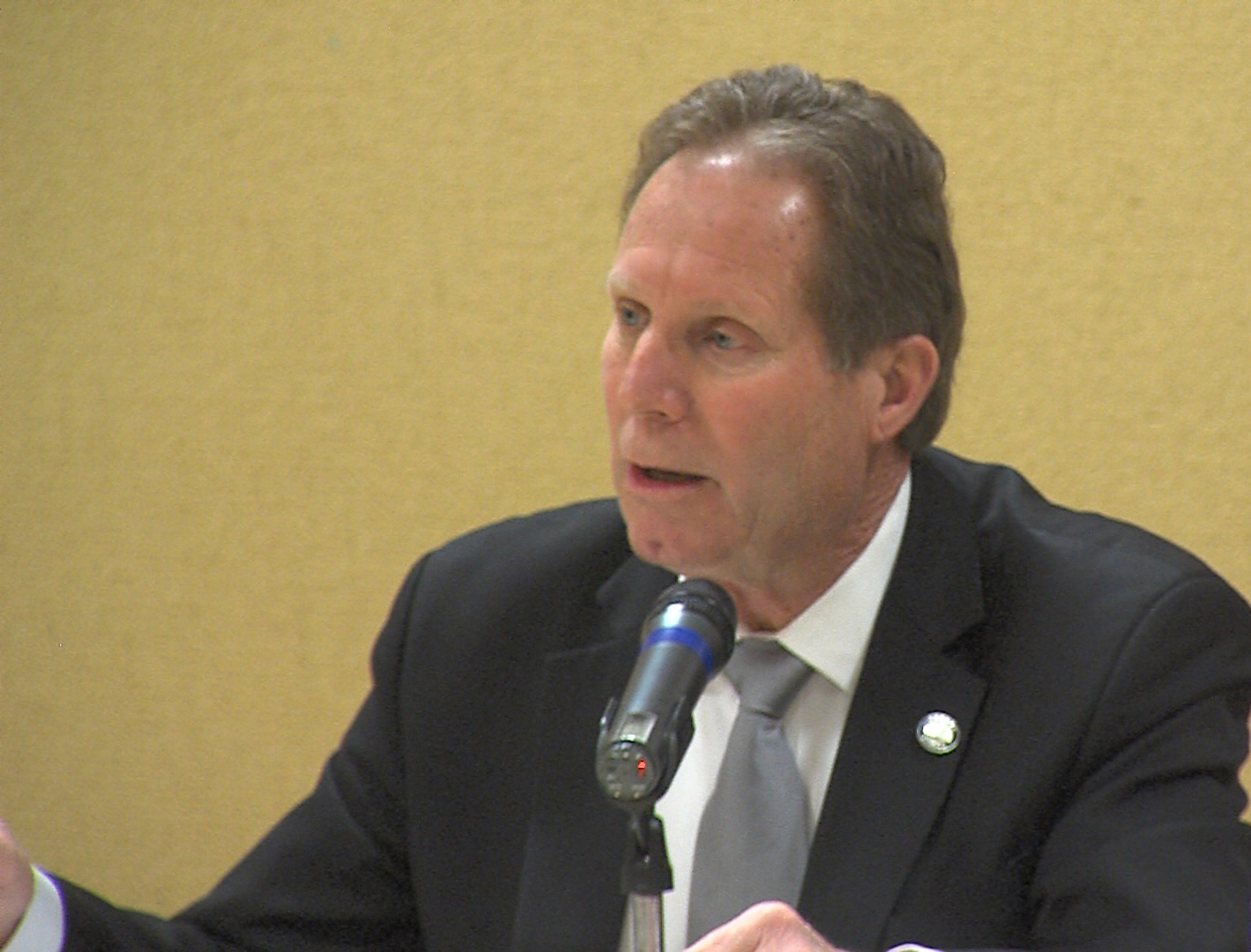
The executive director of KPERS calculated interest to make the payment actuarily sound for FY 2018 for a total amount of $115M. By not making this payment it caused an increase of $630,000 to unfunded liability/interest expense monthly or $20,712.32 per day.
In 2018, the legislature opted to postpone the payment, to see what future revenues produced. Kansas’s revenues ended FY18 with $317M more than expected in the 4th quarter. This left the approved ending balance at $905M.
Since the payment was postponed 30 months ago it has already cost KPERS $18.9M.
I argued that it was irresponsible to build our ending balance with KPERS money and also questioned why we wouldn’t meet our obligation. There is no reason to not make this payment unless it is going to be used for something else. We made a promise we need to keep our promise.
According to KPERS, the actuarial effect of repaying the contribution would be a net savings of $186.1M from all funds over 30 years. Making the payment would result in meeting the actuarial required payment for the first time in 25 years.
The House will hold a hearing on SB9 Tuesday morning at 9:00. I am scheduled to testify in support of this bill and will encourage the House to move swiftly to pass this legislation on to the Governor. I will encourage the Governor to sign this bill.
SB22 was passed out of the Senate on Thursday by a vote of 26-14. SB22 would prevent a tax increase for middle class Kansas families and small businesses.
When Congress made changes to the Federal tax code last year, it triggered the need for states, like Kansas, to take action so families in our state wouldn’t be penalized.
That’s what this bill is about. It updates the Kansas tax code so that middle income Kansans can continue to write-off their medical expenses, charitable contributions, property taxes and mortgage interest. For individuals and small businesses, SB22 adjusts the Kansas tax code so that Kansans with itemized deductions that total between $7,000 and $24,000 can continue to itemize on their state income taxes even if they no longer itemize on their federal income tax.
Some middle-income tax filers might not itemize at the Federal level this year due to recent changes Congress made to the Federal tax code to raise the standard deduction. Without this bill, these middle-income tax filers will no longer be able to itemize at the state level, triggering a higher state income tax liability for these families and small businesses. This would be a tax increase for these families and small businesses.
Kansas is one of only seven states that have not de-coupled from the Federal government tax code.
For multi-national companies, SB22, clarifies language in the Kansas tax code so that changes in the federal tax code do not trigger unintended tax hikes at the state level for business owners.
Right now, Kansas companies that do business outside of the United States pay taxes on those profits at the federal level. Those profits are not taxed at the state level and never have been. Without this bill, these Kansas companies would be subjected to additional taxes at the state level, making Kansas a more expensive state for businesses to operate in.
Congratulations to Kansas Farm Bureau who were recognized on the Senate floor to celebrate the bureau’s 100th anniversary.
Thank you to the students, educators and program directors for presenting an overview of the JAG-K program. The success of this program is shown by the 97% graduation rate in school year 2016-2017.
I would like to thank all of the visitors who stopped by my office this week or held receptions in Topeka.
I am honored and grateful to represent the 40th Senate District in Kansas. Please do not hesitate to contact or call me with your questions and concerns, my office number is 785-296-7399 or my cell is 785-899-4700. If you are in Topeka stop by my office at 236-E.
Sen. Rick Billinger, R-Goodland, is the Kansas state senator for the 40th District, which includes Cheyenne, Decatur, Ellis, Gove, Graham, Logan, Norton, Rawlins, Sheridan, Sherman, Thomas, Trego and Wallace counties as well as portions of Phillips county.
